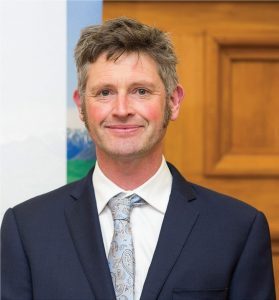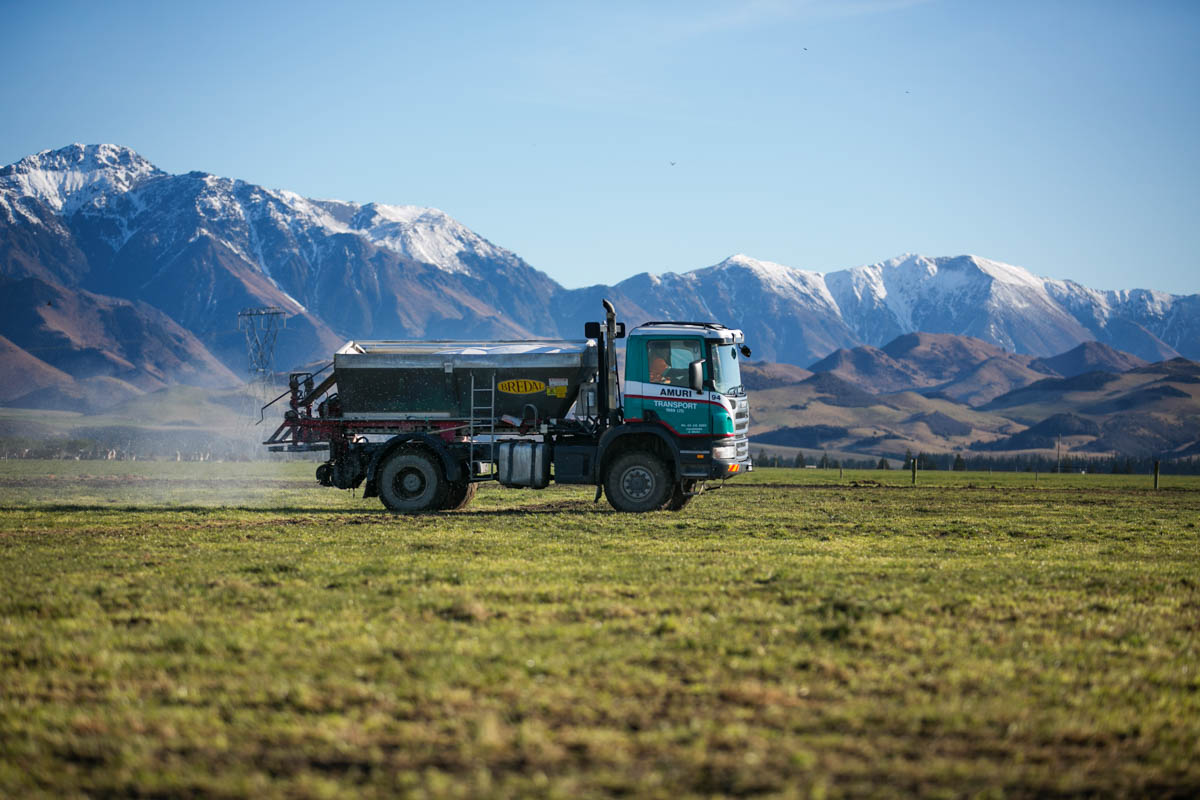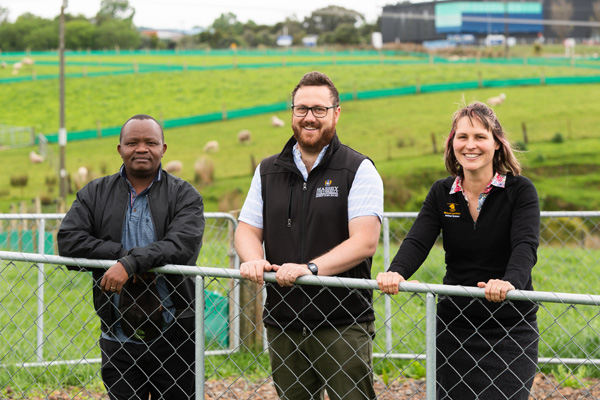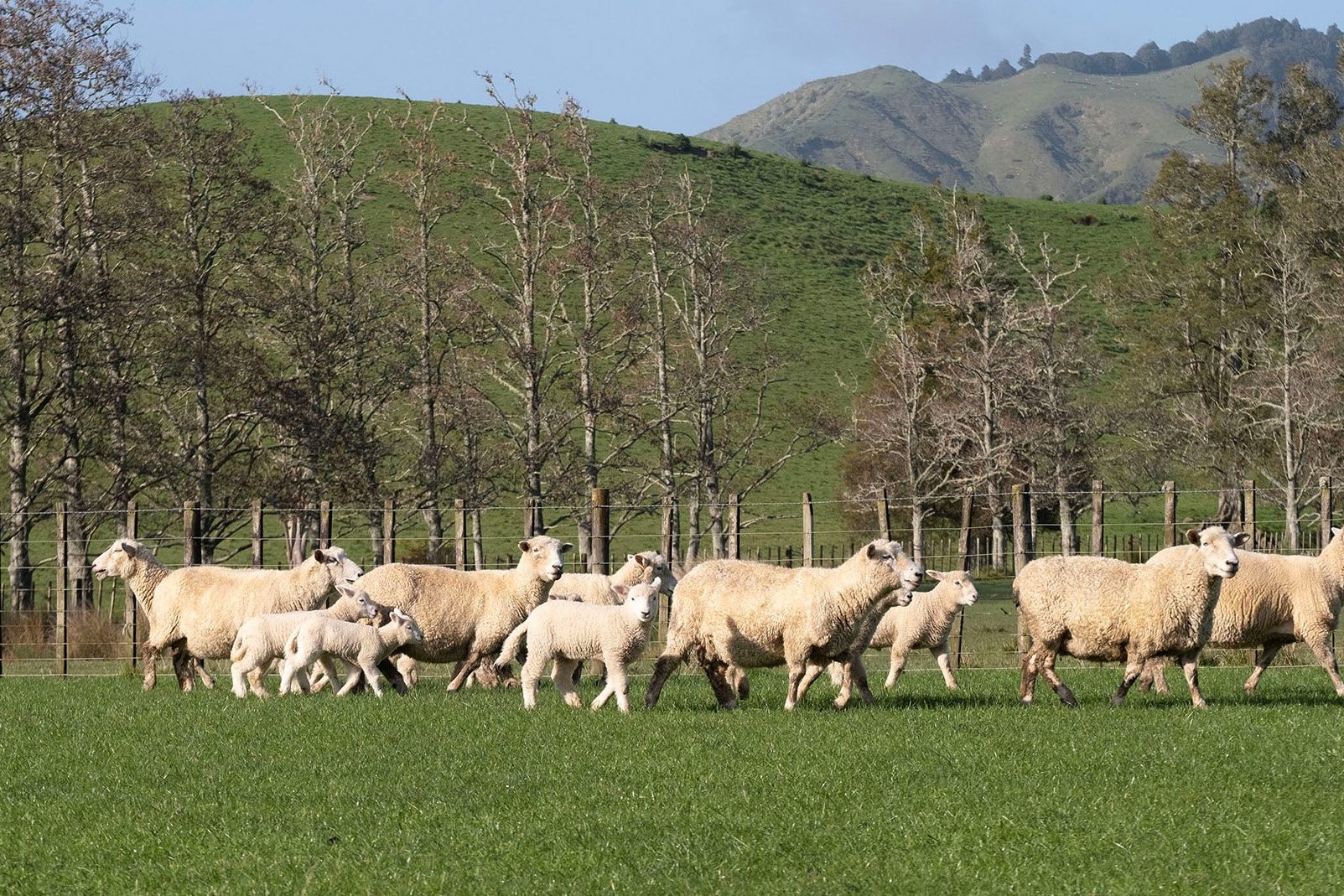 The impact on our primary production systems from transitioning to a low-carbon economy is a timely subject choice for 2018 Nuffield scholar Solis Norton given recent consultation about the Zero Carbon Bill which will come into force next year.
The impact on our primary production systems from transitioning to a low-carbon economy is a timely subject choice for 2018 Nuffield scholar Solis Norton given recent consultation about the Zero Carbon Bill which will come into force next year.
In short, the bill will commit New Zealand to zero carbon by 2050 or sooner through a “fair and cost-effective transition”, but Norton isn’t convinced this is possible. In a short presentation along with other scholars at Parliament House in October he said the transition outlined in the proposed bill was an outstanding and enormous step forward.
“It puts us on the front foot internationally, but we must see it in context. The underlying modelling is rooted solely in economics. There is no consideration of the physical impacts of the transition scenarios.”
He says it’s easy to say that reducing the number of cows on a dairy farm by 25% and replacing them with crop or trees, or banning farming in deemed ‘sensitive areas’ was the answer but questions the will and way for it to happen as well as the social and financial fallout for rural NZ.
As part of his project Norton quantified the physical impacts of such a transition using a method from biophysical economics known as Energy Return on Energy Investment. In short, this method calculates the amount of energy used from sources such as coal, oil, wind relative to the amount invested in obtaining that energy through mining, building wind turbines, refining and shipping of fossil fuels. He calculated the ratio for NZ’s energy mix at 20:1.
“Under our ambitious transition scenario for 2050, this ratio drops by over 50% to 9:1. This was both my a-ha and oh-dear moment. There must be withdrawal symptoms. But they’re invisible in the economics. It is essential that we investigate this physical impact in greater detail.”
He believes the solution is to establish a ‘Transition Institute’ within the Independent Climate Body proposed as part of the Zero Carbon Bill. Such an institute would tackle energy analyses and other relevant biophysical issues.
It was important that the producers along the primary food chain were represented in the institute and in any other discussions around a less energy dense environment.
“What fascinates me is the magnitude and size of the problem and the urgency to take action and do something.”
In the meantime Norton, DeerPro project manager, a deer industry-owned Johne’s disease and productivity data base, will take his own action by assimilating his research and findings into a Nuffield report by February 2019.
Submissions on the Zero Carbon Bill closed in October and the summarised findings and themes were that:
• 91% of respondents wanted legislation to support a target of net zero emissions across all greenhouse gases by 2050.
• 96% of respondents supported the establishment of a Climate Change Commission, with an advisory role to Government.
• 92% of respondents thought the bill should include provisions to help NZ adapt to the effects of climate change




